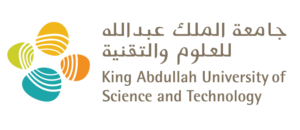Marine Science
The tipping point for marine agriculture
“Historians will look back on this era as the tipping point for marine agriculture,” said Carlos Duarte.
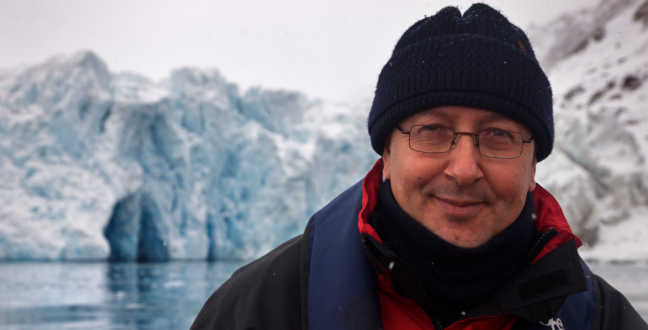
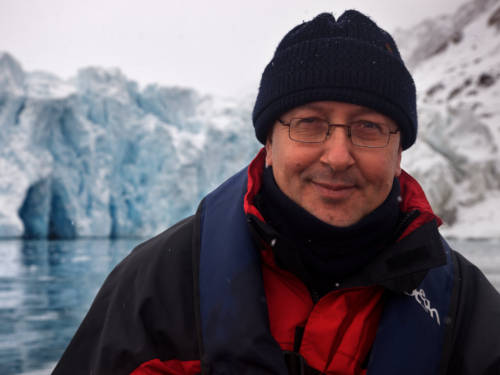
Carlos Duarte believes we are on the verge of an ethical and sustainable agricultural revolution.
© KAUST
Professor of Marine Science, Director of the Red Sea Research Center and the Tarek Ahmed Juffali Research Chair in Red Sea Ecology, Carlos Duarte, is widely recognized as one of the world’s leading voices on the impacts of climate change on marine ecosystems. He is currently leading a multidisciplinary research team that is looking at how the world’s oceans can help us provide food and fresh water security for current and future generations.
Tell me about your role at KAUST.
I joined KAUST at the start of 2015 as a Professor in Marine Science. I have just been appointed Director of the Red Sea Research Center. My role’s changed—I’m now spanning the bridge between research and education here and moving into a leadership position. I’m enjoying developing a strategy to take the Center in a new direction—I want to engage with my colleagues from across KAUST to address problems in marine environments.
What were you doing before KAUST?
I had a dual appointment and I split my time 50/50 between a research professorship in Spain with the Spanish National Research Council working on Marine Ecology and Oceanography and in Australia working as the Director of a new research institute at the University of Western Australia in Perth.
What made you choose KAUST?
My main research focus is on how ocean-based solutions can help to solve the challenges facing humanity as a whole. Food supply for a growing population and being able to reduce our footprint are the two big questions that I think I can help answer. As part of this, I’ve transitioned from just working on my own discipline to a more multidisciplinary approach.
I found that in many of the previous environments where I’d worked, there were obstacles that slowed down interdisciplinary research. KAUST emerged as a destination that would alleviate those concerns and as one that provides researchers with the necessary time and environment to be able to collaborate across disciplines.
Why is your research area so important?
We’re exhausting the resources that are available to us on land and are no longer able to sustain the production levels we need. The key bottlenecks we’re facing are the availability of both fresh water and arable land.
The oceans have plenty of water, and every single square meter of the ocean is productive. The development of a sustainable and ethical marine agriculture model that meets our needs for food and water security is achievable. The industry is only 30 years old but I think this is an area of development that history will look back on as a turning point.
What specifically are you working on at the moment?
KAUST has a strong program in ocean genomics, and we’ve cataloged about 55 million genes from the ocean’s microbes. We’re currently developing systems to stream through this large pool of genes.
Our aim is to identify the genes and proteins that will give us a better understanding of the impact we’re having on the environment and how we can utilize these resources responsibly. We want to ensure that marine life will continue to be healthy, that marine environments will continue to be well preserved and that we meet the future needs of humanity.
As an example, we’re looking at how marine environments, such as mangroves, sea grass and salt marshes, adapt to the impacts of climate change. How marine environments react to a rapid change to their environment has been grossly underappreciated.
We can drive change in our societies by delivering messages around the opportunities we have on our planet as opposed to bombarding them with negative news.
Where do you see KAUST’s research in this area going in future?
An institution’s reputation is based on having a strong fundamental research program and we have built that at KAUST. We also have strong partnerships with industry so our aim is to continue to ensure we have strong applied research outcomes too.
We also need to be looking at how we can support the need for scientific and technological progress in Saudi Arabia and the region in general.
We strive to do the best research, whether it focuses on fundamental science or applied outcomes.
What has being at KAUST enabled you to do that you couldn’t do elsewhere?
I am currently working with colleagues from nanotechnology, electrical engineering, imaging, machine learning, genomics, big data and biology. My expectations for interdisciplinary research collaborations have been met and exceeded.
The absence of the administration and funding constraints I’ve experienced at other institutions has allowed me to spend more time on my research and to build strong internal collaborations.
KAUST is a community that we live and work in—it doesn’t close at 5:00 pm. Many of the colleagues I’m working with I’ve met at social events or even at the supermarket. I’ve built social networks that I haven’t seen before in my career.
What would you say to anyone who was thinking of coming to KAUST?
I often find that it is difficult to explain KAUST because I’m so passionate about my experience—I worry that people will think I’m overselling it. If someone’s interested in knowing something about KAUST, I invite them to come and join us to experience it for themselves. This usually works a lot better than trying to explain it to somebody because it just doesn’t work—the best advice is to come and experience it.
What is the best thing about being at KAUST?
It’s the time to reflect, to talk, to conceive of new ideas.
For the first time in my career, I don’t have to work 24/7. The KAUST environment encourages you to do things other than just work. There are a number of activities that also feed our intellects and our spirits in terms of arts and opportunities to learn about other topics. Time is a luxury that I had forgotten about.
I have the time to think in a stimulated environment, similar to when I was a graduate student, and I haven’t experienced that for maybe thirty years or so.
References
- Marbà, N., Arias-Ortiz, A., Masqué, P., Kendrick, G.A., Mazarrasa, I., Bastyan, G.R., Garcia-Orellana J. & Duarte. C.M. Impact of seagrass loss and subsequent revegetation on carbon sequestration and stocks. Journal of Ecology 103, 296-302 (2015).| article
You might also like
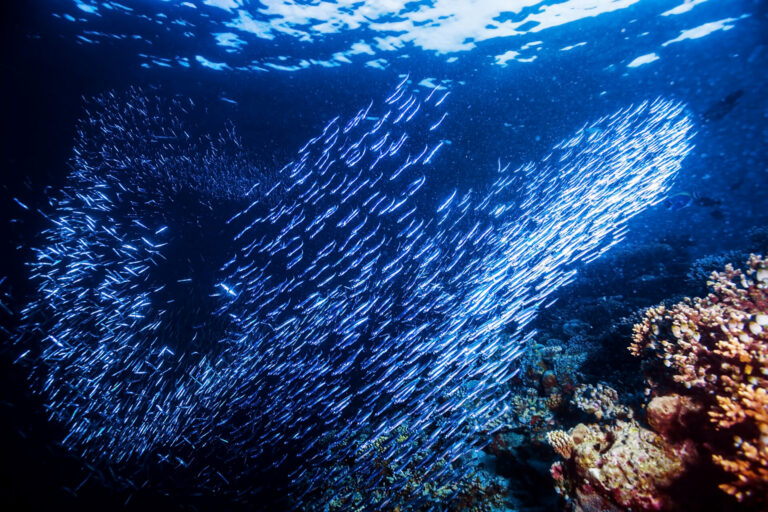
Marine Science
Potential gains from replenishing reef fish stocks revealed
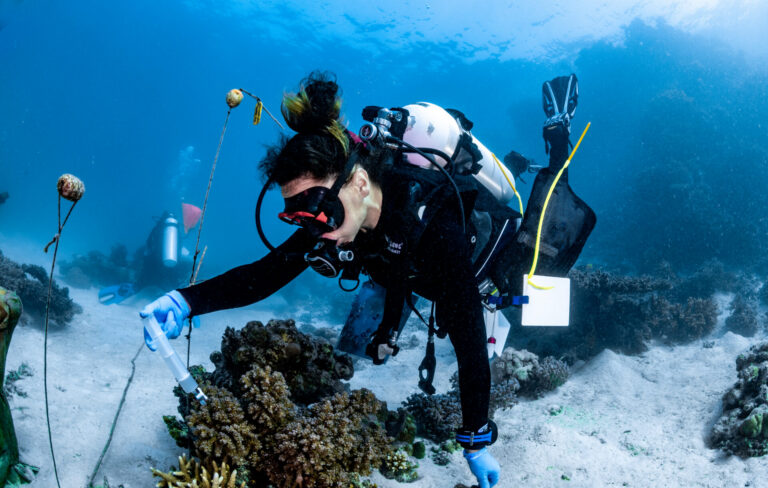
Marine Science
A place to trial hope for global reef restoration
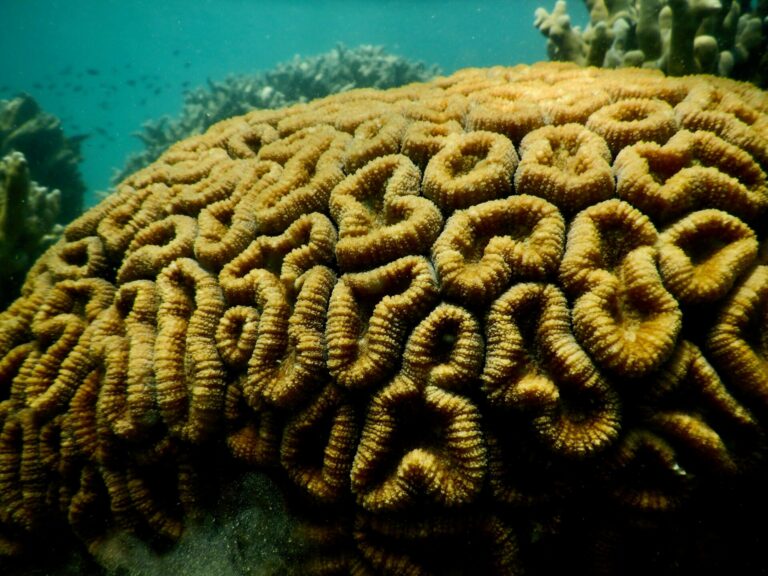
Marine Science
Reef-building coral shows signs of enhanced heat tolerance
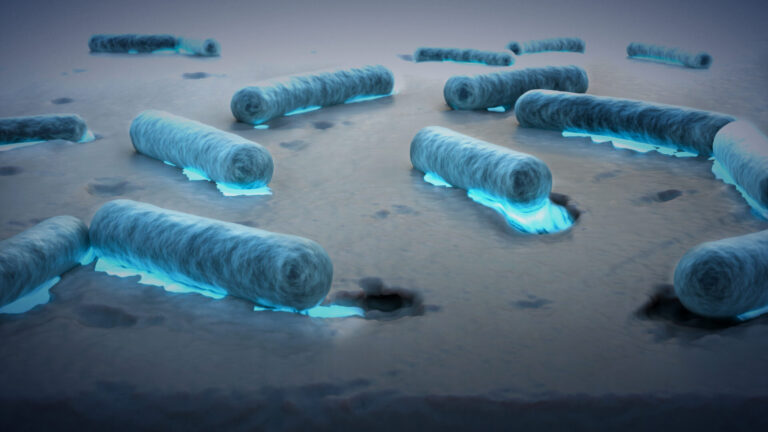
Marine Science
Plastic-munching bacteria found across the seven seas
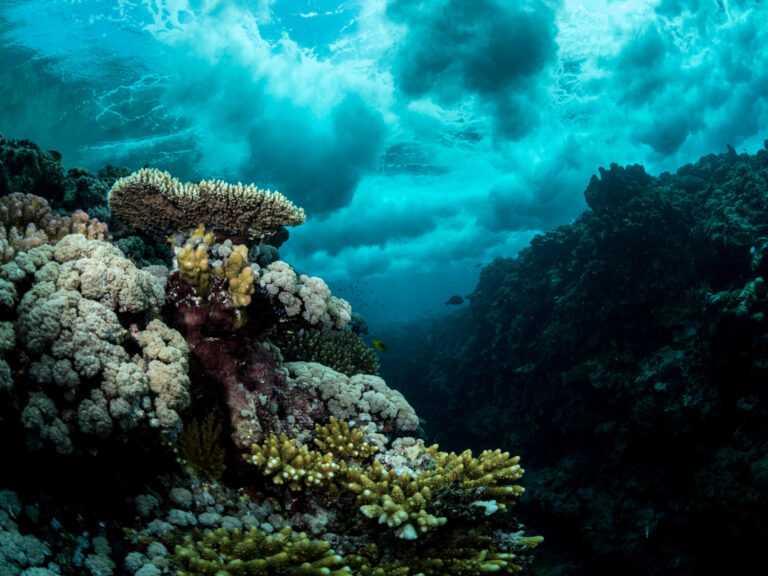
Marine Science
AI reveals the universal beauty of coral reef growth
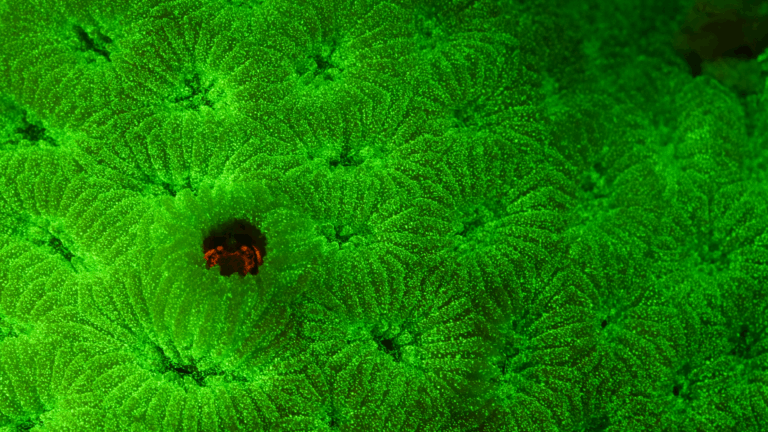
Marine Science
Tiny crabs glow to stay hidden
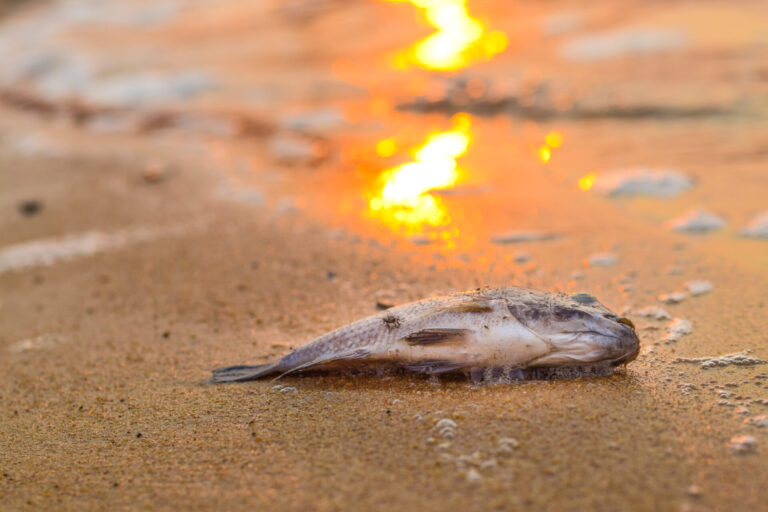
Marine Science
Mass fish deaths linked to extreme marine heatwave in Red Sea
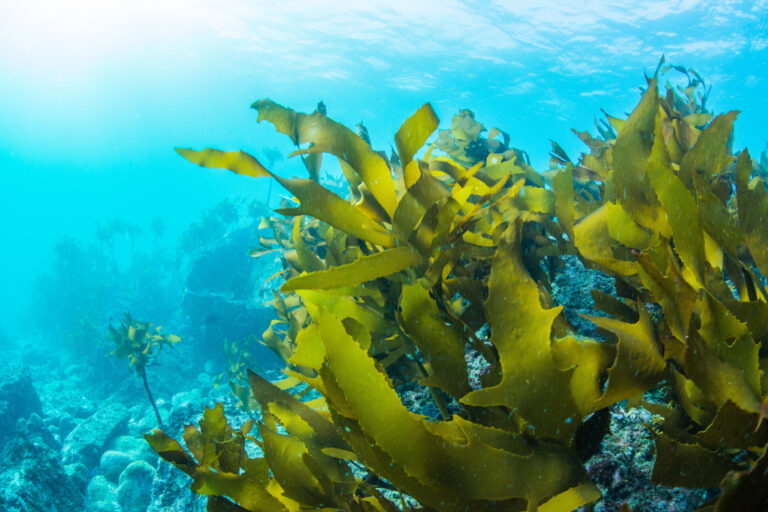
Marine Science
